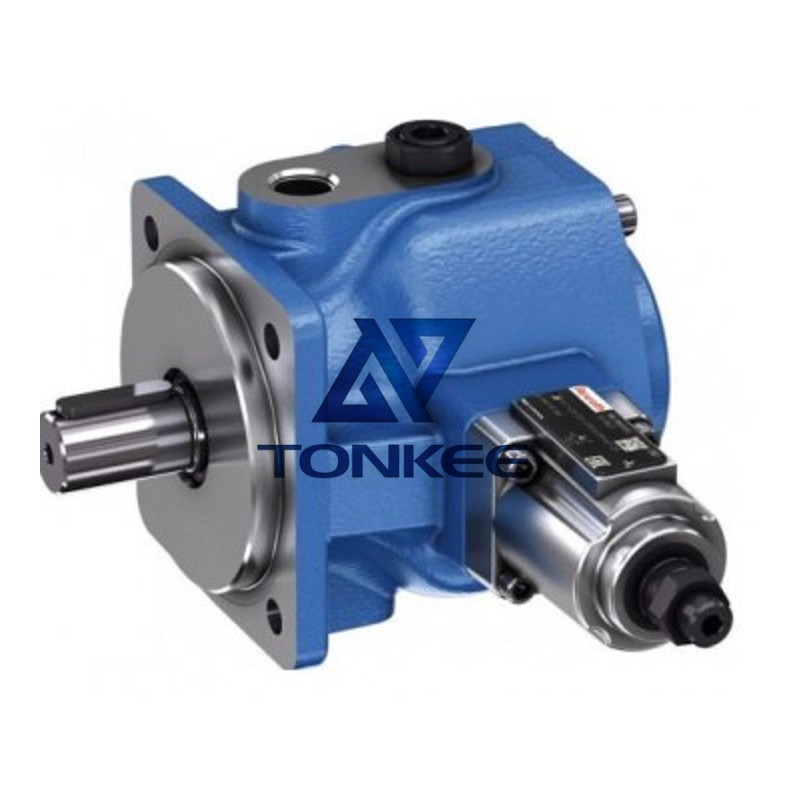
However, I can provide you with a general overview of an axial piston pump and its typical specifications.
An axial piston pump is a type of hydraulic pump that uses a series of pistons arranged in a circular pattern within a cylinder block to generate hydraulic pressure. These pumps are commonly used in various industrial applications to power hydraulic systems.
In terms of specifications, axial piston pumps typically have a maximum operating pressure ranging from 250 to 350 bar (3625 to 5075 psi) or higher, depending on the model and intended application. The displacement volume of the pump, which indicates the volume of fluid delivered per revolution of the pump, can vary based on the specific model and design requirements.
Axial piston pumps often have a rated speed range that determines their operational speed.
This range can vary from 1000 to 3000 rpm or more, depending on the pump's design and application. The pump may also include an integrated pressure relief valve to protect the hydraulic system from overpressure conditions.
Regarding fluid compatibility, axial piston pumps are typically designed to work with a variety of hydraulic fluids. These fluids may include mineral oils, synthetic fluids, water-glycol mixtures, or specific fluids recommended by the pump manufacturer.
The construction and materials used in axial piston pumps are chosen to ensure durability and long service life. High-quality components and robust designs help the pump withstand demanding operating conditions, including high pressures and temperatures. The pumps are often designed for continuous operation, ensuring reliable performance in various industrial environments.



 English
English Türkçe
Türkçe


